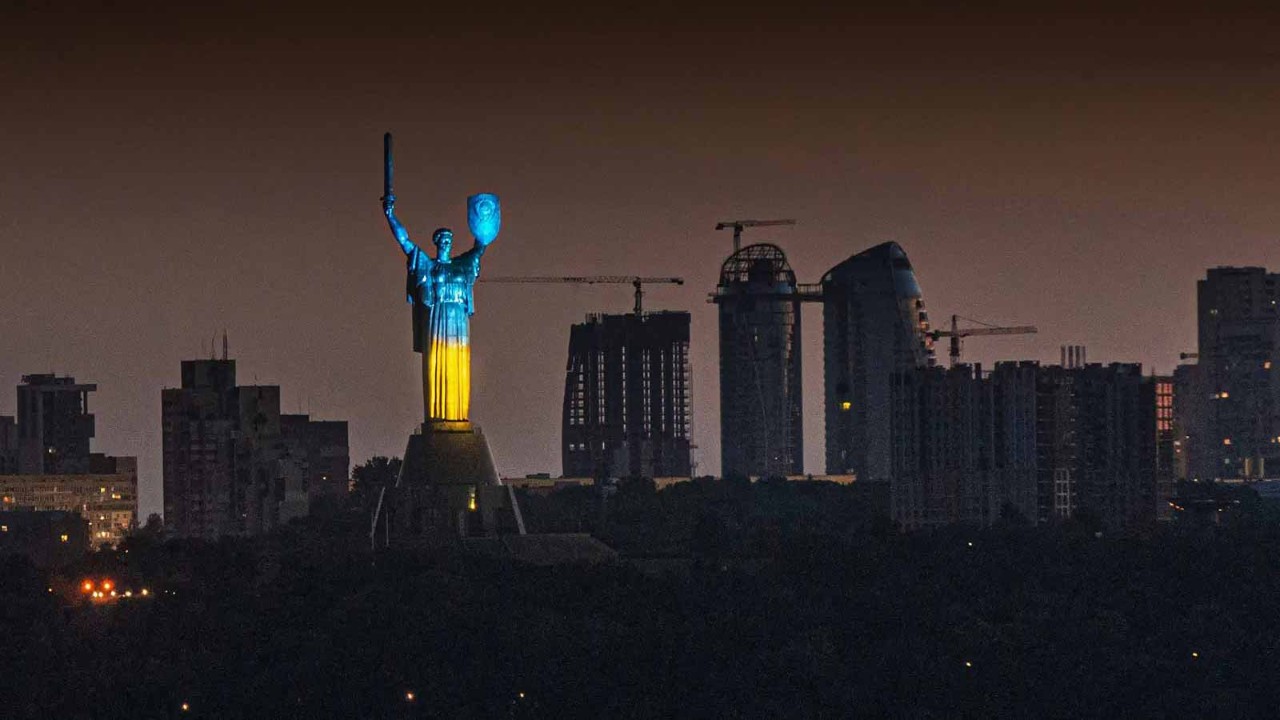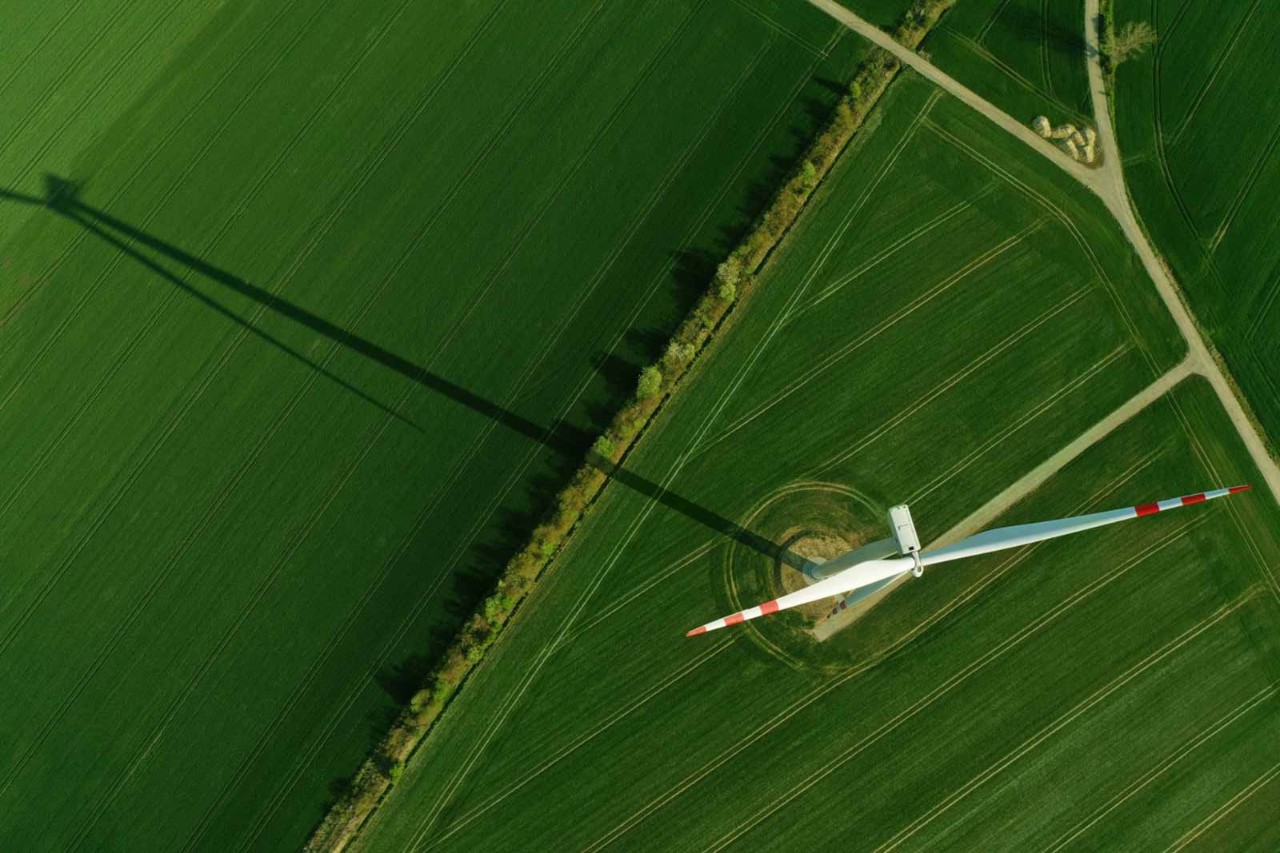
As Russia’s invasion of Ukraine destroys businesses, livelihoods and families, accountants and accountancy practices are not escaping the burden of the war. While some accountants have left the country, and even abandoned the profession, those who remain must contend with a complicated landscape of educational, work and staffing challenges.
There are currently 630 Ukrainian ACCA members, with some 1,200 Ukrainian students studying for the ACCA Qualification, alongside 1,300 DipIFR students. Between March and December this year, 721 exams will have been taken.
ACCA learning partners – Kaplan, LearnSignal and First Intuition – responded to the situation by offering free study support for students from Ukraine, and so far 550 students have taken up this offer. ACCA also suspended membership subscriptions for 2022 for Ukrainian members, with large discounts for 2023 – ACCA has seen, via social media, that a number of members donated their subscription fees to support the Ukrainian army.
Meanwhile, universities in Ukraine continue to teach and engage with ACCA, anticipating the need for qualified professionals to help Ukraine rebuild.
‘Throughout the year, the situation has been changing,’ says Agnieszka Jarosz, ACCA’s head of Poland, Ukraine and Baltic countries. ‘Kyiv is the biggest business centre, but not the only one, so we saw businesses such as the Big Four firms move from the capital city to second cities, especially to the west. Businesses incorporated risk and compliance procedures that allowed them to continue their operations as normally as possible. The government, of course, is not forgetting about the economy, it is very keen to keep it as strong as possible – they know that only with a strong economy will they be able to defend and recover.
‘We began to see some companies, such as BDO, come back to Kyiv. But then there was another change when Russia began to use drones to cause blackouts. We still have ACCA colleagues in Kyiv, and until the drone attacks began, there was electricity and internet connections all of the time. Now the blackouts are one of the biggest challenges for business.’
According to Jarosz, the ACCA members who left the country have not had a problem finding work abroad – countries such as Slovakia, the Czech Republic and Poland are looking for professionals. Unemployment rates are very low so they are able to absorb any number accountants.
‘Our members have a high employment rate, and students are employed all around the world, particularly in the EU,’ notes Victoria Volotovska, ACCA’s business relationship manager for Ukraine, Poland and the Baltic countries, and until the outbreak of war a Kyiv resident. ‘ACCA members and students have always left the country. In the past, this was their choice, but now it is happening because they have to leave. Some of them will not come back, so we are at risk of not having enough qualified specialists in the country.’
Even before the start of the war, Ukraine’s accounting industry faced several key challenges, including a shortage of young talent to replace those going into retirement, according to the Ukrainian accounting publication B24.
‘It is not only the destruction of cities, towns and villages, but also the creation of conditions for economic decline’
However, it is difficult to understate the emotional and personal costs on accounting professionals. Nataliia Yevchuk, a Kyiv-based senior auditor at KPMG, says that it is hard to balance the stresses of war and work.
‘You try to stay calm and “under control”, but now I can be easily frightened even if my neighbour closes the window too loudly or someone drops something, which hampers my productivity at work,’ says Yevchuk. ‘Concentration is the main problem for me nowadays. It’s hard to live with such uncertainty.’
Evidence suggests that the outbreak of war led to a loss of clients and has hampered their ability to carry out their job. According to data from Ukraine business publication Liga Zakon, 48% of the country’s accountants saw their work volume decrease during the ongoing period of martial law, which was declared on 24 February, the day Russia invaded.
Also, 7% lost their job altogether; 26% were forced to move from their home communities to other regions of Ukraine, or even abroad; and 81% had difficulty working due to ‘force majeure’ renunciations of contracts declared by their clients.
Growing burden
According to Elena Kharlamova, vice president of the Chamber of Auditors and Accountants of Ukraine, Russia’s invasion and rapid advances in the early stages of the war forced many accountants to flee abroad or fall behind with the growing burden of work.
‘Many companies did not have time to prepare and approve financial statements for release and pass their audit. Although war is a non-adjusting event for financial reporting, it is impossible not to take into account its consequences when preparing financial statements,’ says Kharlamova.
‘It is worth mentioning difficulties of reliable access to assets due to the impossibility of safe access’
To help accountants, the Ukrainian government allowed professionals to postpone the preparation of documents, audits and financial statements until at least three months after the abolition of martial law, which given that status continues is hindering standard commercial operations and tax filings.
‘It is worth mentioning the difficulties concerning reliable access to assets due to the impossibility of safe access to them in areas of military operations, leading to unprecedented volumes of change in accounting estimates,’ adds Kharlamova.
Other factors include the depreciation of non-current assets, both through physical damage and because of a reduction in the cost of compensation, revision of expected credit losses, reclassification of financial assets in connection with changes in business models, and the recognition of additional provisions.
War-time advice
The scale of these new considerations is enormous. Olha Samsonenko, CEO of Debit-Credit, Ukraine’s largest accounting publication, has been offering advice to guide Ukrainian accountants throughout wartime.
‘The events of 2014 and 2022 in Ukraine are not the same. It is not only the destruction of cities, towns and villages, but also the creation of conditions for economic decline. Many people (including accountants and accounting specialists) have been forced to emigrate,’ Samsonenko explained.
She estimates that half of accountants remained in Ukraine, many becoming internally displaced within their own country. Two of her company’s accounting specialists are now in Poland, and several have fought with Ukraine’s territorial defence forces in hotspots across the country.
Inevitably, the training of Ukraine’s new generation of accountants has been impacted by Russia’s invasion. Maryna Formenko, accounting tutor and former senior accountant, says that her training classes have ‘decreased significantly’ in demand due to people losing their jobs, businesses closing and budgets contracting.
‘All students who started preparing for exams under international certification programmes have returned to their studies’
Kharlamova, who is also director of an IFRS standards training company, the IFRS Agency, says that the education of new accountants has ‘slowed down a bit’, but Ukrainians are determined to carry on.
‘We can confidently say that all students who started preparing for exams under international certification programmes, even before the war, have returned to their studies and are successfully preparing for exams,’ she says.
Many of Ukraine’s accounting students have continued their studies with the IFRS Agency and other Ukrainian training centres from abroad, says Kharlamova, who believes that these students will be key to the future of the national accounting industry.
‘We sincerely believe in the victory of Ukraine. We believe that after the victory there will be a time of post-war revival, which is impossible without the support of partner countries,’ she adds.
Volotovska agrees: ‘To win [this war] we all need to do our job and do our best, we all have our battlefields to be managed, but need to stand together.

